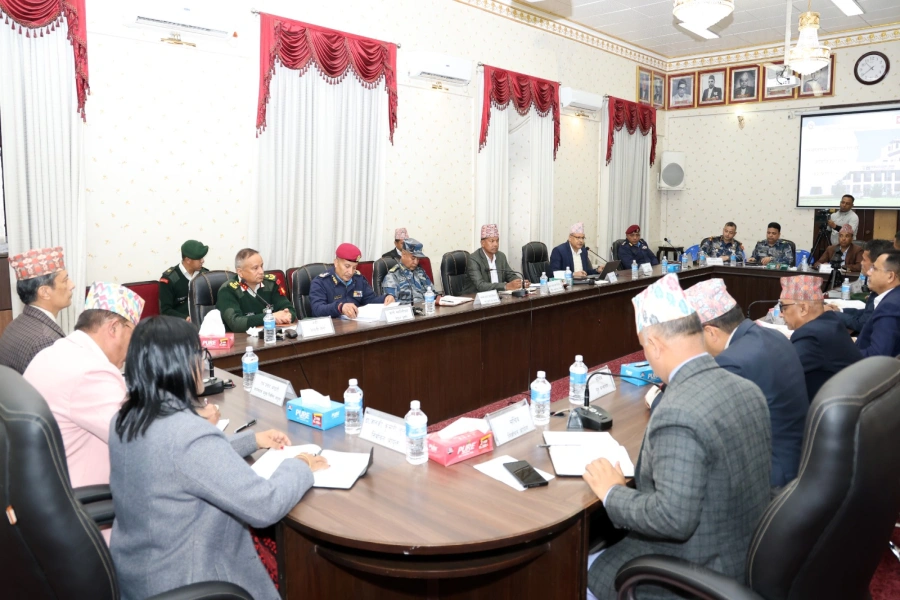Farmers selling cabbage at Rs 2 per kg while consumers paying ten times the price
CHITWAN, Jan 29: Dealers of vegetables and fruits in Khairhani of eastern Chitwan on Monday collected cabbages from farmers at just Rs 3 to Rs 5 per kg. But when the same cabbages reach Kalimati Fruits and Vegetables Market in Kathmandu, their wholesale and retail prices become Rs 12 and Rs 25 per kg respectively.
What the consumers in the capital pay for a kg of cabbage are whopping eight times higher than the price that the farmers sell it for.
On one hand, farmers do not get the right price for their products and are struggling to make their ends meet while on the other hand consumers are forced to purchase vegetables at ever increasing inflated price.
The hefty commission which the middlemen take away is negatively affecting both the farmers and the consumers.
Farmers of Chitwan stage protest by throwing vegetables on the...
_20230203180255.jpg)
“This year, farmers could not get more than Rs 6 for one kilogram of cabbage. Currently, the farmers are just getting Rs 2 to 3 per kg for cabbage,” informed Purnadatta Bhusal, chairman of Fruits and Vegetable Producers Cooperative of Khairhani. “Compared to the past years, farmers sustained huge losses in monetary dealings of cabbage this year.”
According to him, it takes Rs 6 for farmers to produce a kg of cabbage. The best price received by farmers this year could only break-even the production cost. At the current price, farmers are incurring huge losses, he said.
“Dealers this year refused to collect cabbages from the farmers stating that the sales of cabbage have drastically dwindled. The farmers are finding it hard to sell cabbages even at Rs 2 per kg. Despite buying cabbages at cheap price, they are refusing to lower its price for the consumers,” added Bhusal.
The vegetable producers have failed to get proper price also for cauliflower, broccoli and peas. On Monday, they sold broccoli at Rs 10/kg, and cauliflower at Rs 8 to 10 per kg. Likewise, peas were sold to the dealers at Rs 22 per kg.
Farmers of Khairahani are cultivating vegetables in around 400 bighas of land. Many of them are struggling to clear the current production due to lack of demand. As a result, they are having problems to start new lot of production.






































